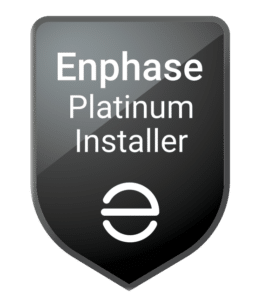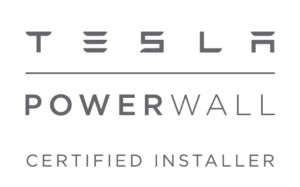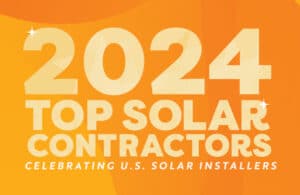Transitioning to solar energy is an excellent way to reduce your carbon footprint and save money on utility bills.
But to get the most out of your investment in home solar panels, it’s important to assess your house and make sure it’s a good fit.
At My Generation Energy, we offer free consultations to help you decide whether your roof is good for solar.
In this guide, we break down the most important factors we look at when determining whether solar panels are worth it for our clients on Cape Cod, the South Shore, and throughout the Greater Boston area.
Key Factors That Determine Solar Suitability
1. Sunlight Availability
The most crucial factor for solar panel viability is the amount of sunlight your house receives. The best roofs for solar panels have direct and unobstructed sunlight access for the majority of the day.
But, while no shade is ideal, it’s not a deal breaker. Many houses with partially shaded roofs or non-ideal orientations can still work well for solar panels.
Not sure if your house gets enough sun for solar? A free solar site assessment is the best way to find out. As part of our assessment process, we analyze your roof to determine the best panel placement for maximum output. We’ll provide a financial breakdown of your expected output and savings, so you can see exactly how much power you’ll generate and what you can expect to save.
2. Roof Size & Design
The size and shape of your roof determine how many solar panels you can install. Ideally, you want a roof that’s big enough to support the number of panels needed to match your electricity consumption.
But, solar is worth it even for small roofs. Even if your system can’t offset 100% of your electricity use, it will still lower your utility bills and save you money month after month.
There are two things to think about here:
- Square Footage: Most residential solar panels take up about 20 square feet of space. To accommodate 20 solar panels, you would need 400 square feet of usable space. If there’s not enough space, a small system is still worth it. It will offset a portion of your electric bill, saving you money every month. Anything the solar doesn’t cover, you simply buy from your utility as you normally would.
- Obstructions – Features like chimneys, vents, skylights, or dormers can limit usable space or cast shade. In many cases, we can work around obstructions, but the best roofs for solar are simple and unobstructed.
3. Roof Orientation & Angle
In the Northern Hemisphere, south-facing roofs typically receive the most sunlight throughout the day and are therefore the best roofs for solar panels.
However, east and west-facing roofs can also be suitable, depending on the specific circumstances. Believe it or not, solar panels can even be installed on north-facing roofs.
Angle is also important when installing solar panels. But ideal roof pitch varies and isn’t something you should get too hung up on. It depends on the orientation of the house and shading. We’ll install your panels in the best position available on your roof for maximum power generation.
4. Roof Age & Condition
If your roof is older or in need of repair, we recommend replacing it before installing solar panels. Solar panels typically last 25 years or more, so it’s important that your roof can support them for the long haul.
Additional Factors to Consider
Your roof plays a huge role in your home’s solar viability, but it’s not the only factor to consider when deciding whether solar panels are worth it for your home.
You also have to think about:
1. Your Energy Consumption
How much electricity your household uses plays a big role in determining whether solar is a good investment for your home. The more electricity you use, the more value you can get from a solar panel system.
During your free consultation, we’ll review your past utility bills to estimate your average monthly and annual energy consumption. This helps us size your system so that it meets your needs.
If you’re planning changes that could increase your usage, like buying an electric vehicle or installing a heat pump, let us know! We can factor those plans into your system design or set it up for easy expansion.
2. Local Regulations and HOA Rules
Some neighborhoods have restrictions on the appearance, placement, or size of solar installations.
For example, if your home is located in a historic district, you’ll have to get approval from the town before having panels installed on your home.
If this process sounds overwhelming, don’t worry. The team at My Generation Energy handles all the permitting for you.
Ready to See if Solar Is Right for Your Home?
At the end of the day, there is no perfect roof for solar. With a properly sized system and a custom design, we can make solar panels work for most houses.
If you’re thinking about installing residential solar panels, reach out to My Generation Energy for a free, no-obligation solar consultation and estimate. We’ll evaluate your energy usage, look at your roof, and give you all the information you need to decide whether solar makes sense for your home.





